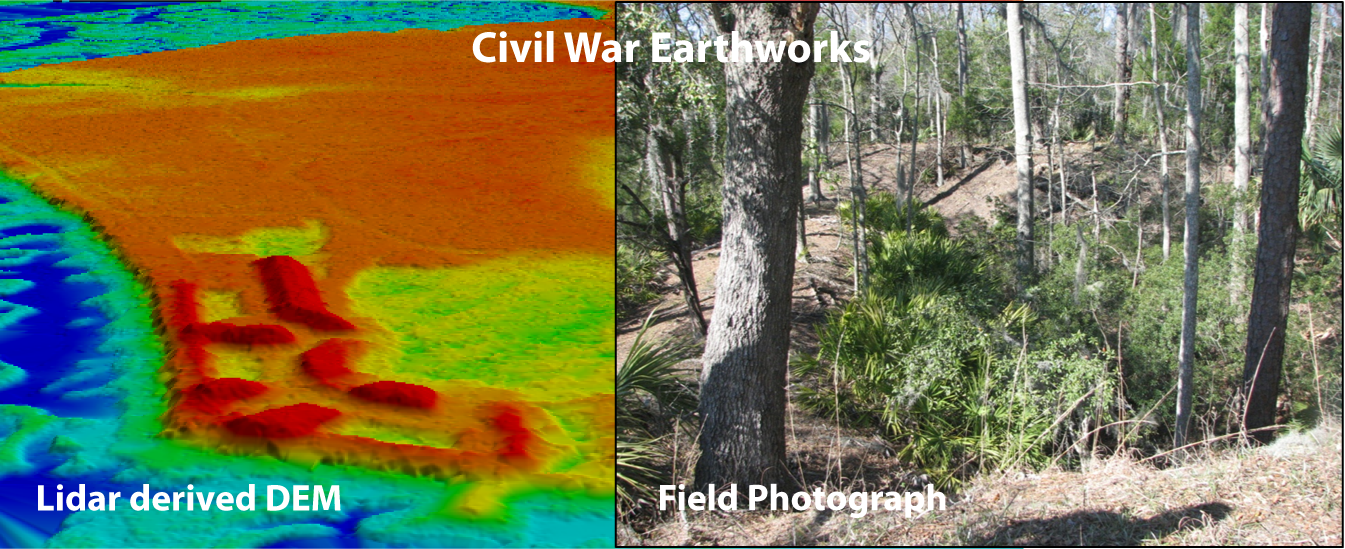Research and Education
Due to Wormsloe's advantageous location, relatively undisturbed landscape and extensive range of historical uses (Native American, Colonial, etc.) the property harbors a rare and significant concentration of undiscovered archaeological resources. In addition to its rich historical landscape, Wormsloe's many generations have meticulously documented human activity on-site, providing unsurpassed opportunities for academic research, education, and community outreach.
An emerging recognition of the importance of historical documentation by scientists has broadened the framework of ecological research.

Concurrently, there is a growing appreciation by historians of the value of scientific analysis of excavated material evidence. At Wormsloe, research teams rely on an extensive archive of historical documents as they collect new data and synthesize an unprecedented description of this unique site on the Georgia coast. A thorough understanding of the history of human activity and the environment is fundamental to our interpretation of the landscape today, and it is critical as we establish stewardship protocols for the land and its historical legacies.
CREW's educational and interpretive themes include:
- Increasing the public's awareness of relationships between human welfare and ecological systems;
- Developing a stronger understanding and concern for the conservation of historical and ecological resources;
- Developing an understanding of how past land use affects present resources; and
- Strengthening cultural appreciation of natural history and environmental quality
